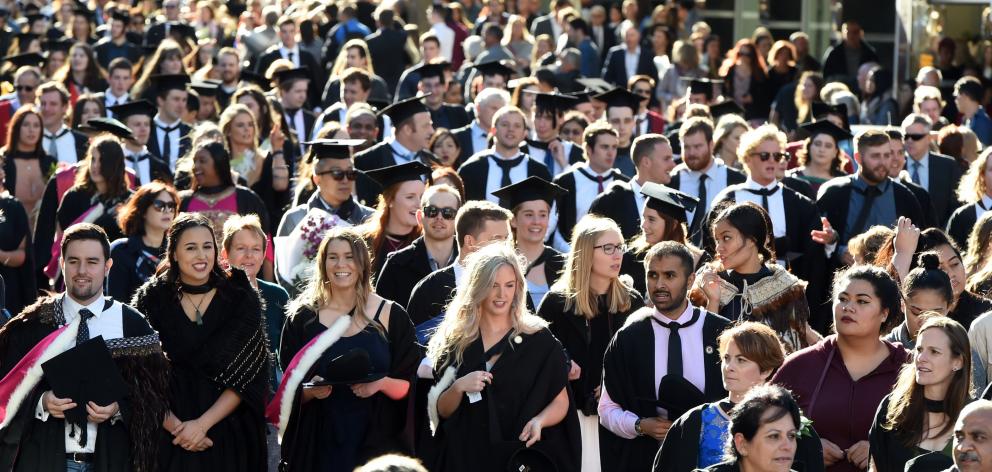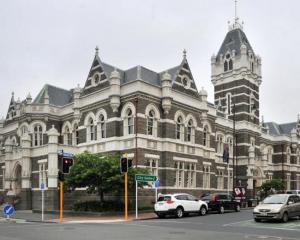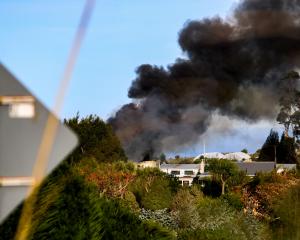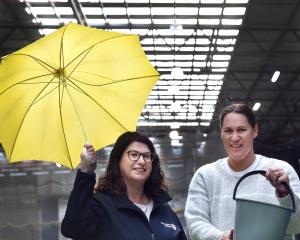
When he graduated BSc from the University of Auckland in 1973, he did not have ''the slightest inkling'' of the new scientific knowledge he would see unfolding, former pro-vice chancellor of sciences at the University of Otago Prof Keith Hunter told about 320 science graduates at a ceremony in Dunedin.
Not long ago, the idea of mapping the human genome was considered ''an impossible pipe dream, the stuff of science fiction''.
And while the first mapping project was ''an enormous scientific effort'', new methods came along that vastly simplified the process and DNA mapping was now a routine tool used in forensics and medical science.
Describing technology as ''simply scientific knowledge that is actualised in the form of a machine'', Prof Hunter summarised advances made in technology in the 45-plus years since he was at high school and pupils were not allowed to use slide rules in public examinations ''in case they gave us an unfair advantage!''
He said he found it ''deeply ironic'' that recently, the university decided to ban the use of wristwatches in examinations because some of them had computing and communication capabilities, thus confirming ''the more things change, the more they stay the same''.
When he bought his first electronic scientific calculator in 1974, his slide rule ''didn't last another day'', Prof Hunter said. And when the first calculator stopped working, he bought another one but it remained largely unused because the PC had arrived.
''Such is the relentless march of technology,'' he said.
It was predicted that within a decade the super computers now used for massive computations such as climate and weather prediction would be no larger than today's desktop computers.
''Probably, within a decade, future machines will surpass the processing capacity of the human brain. Imagine an artificial intelligence of that power running every household.''
Prof Hunter said an ability to learn and a lifelong love of learning, an essential legacy of his university education, had enabled him to keep up with the technological changes of the last 40 years ''and not become obsolete like the earlier knowledge and technology''.
He urged the graduates to embrace learning and the love of learning and be prepared for change and an increasing rate of change with all its uncertainty.
Earlier on Saturday, glaciologist and Dean of Surveying at Otago Prof Christina Hulbe gave a karakia to another group of graduates in a variety of science disciplines.
The karakia called to mind the skill, knowledge and adventurous spirits that gave courage to Pacific explorers and ancestors.
''Through the karakia, we pay respect to the unique contribution each ancestor made along the journey to the present.
''And we ask for their guidance, for a dialogue, as we take our own next steps forward.''
Prof Hulbe urged the graduates to ''keep asking for guidance, for dialogue with the wise and courageous people in your line''.
''But don't only listen for what you expect to hear or know how to understand. Seek the new and the unusual voices.
''Keep speaking in the language you know, but try to learn some new ones, at least some new words, as well.''
Advertisement












